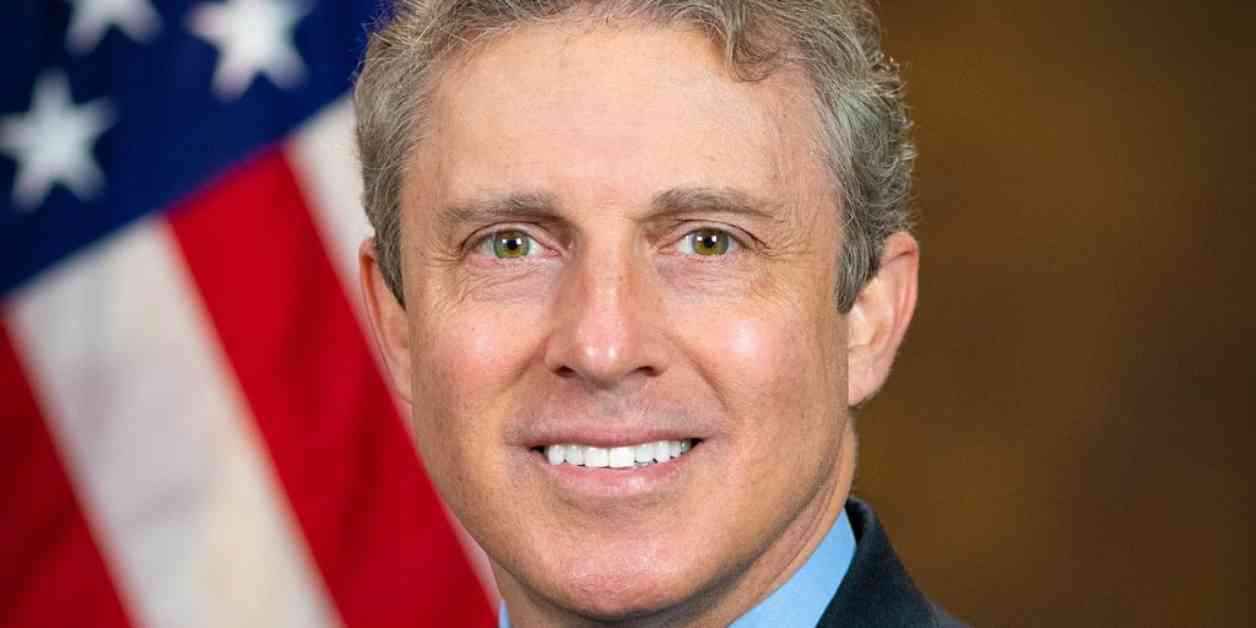Federal Judge Deems Trump’s Attempt to Oust Government Watchdog ‘Unlawful’
In a recent ruling, a federal judge in Washington, D.C., declared President Donald Trump’s move to dismiss the head of a federal watchdog agency as “unlawful.” The decision puts a halt to Trump’s efforts to remove Hampton Dellinger from his role at the Office of Special Counsel and sets the stage for a potential legal battle that could reach the Supreme Court.
Judge Amy Berman Jackson emphasized the critical role of the Special Counsel in investigating and exposing unethical or illegal activities aimed at federal civil servants. She underscored the importance of protecting whistleblowers who reveal government misconduct without fear of retaliation. The judge’s ruling highlighted the contradiction if the Special Counsel himself could be threatened with arbitrary or partisan removal.
Trump’s decision to terminate Dellinger via email amid broader cuts to the federal workforce triggered a legal challenge. Dellinger argued that the dismissal violated federal law, which specifies that special counsels can only be removed by the president for specific reasons such as inefficiency, neglect of duty, or malfeasance in office. The abrupt email notification from the Trump administration failed to adhere to the legal provisions safeguarding special counsels from arbitrary removal.
Following Dellinger’s legal challenge, Judge Jackson issued a stay to prevent his removal pending further proceedings. Subsequently, a temporary restraining order extended the stay, effectively keeping Dellinger in his position for an additional two weeks. Despite the Trump administration’s appeal to the U.S. Circuit Court of Appeals, the ruling was upheld, prompting the Justice Department to seek intervention from the Supreme Court.
The Department of Justice argued that limiting Trump’s authority to manage the executive branch through the removal of Dellinger would undermine the core principles of separation of powers. The DOJ contended that any restrictions on the President’s ability to exercise executive authority would cause irreparable harm to the Presidency. In response, the Supreme Court upheld Judge Jackson’s decision, allowing Dellinger to retain his position while the legal battle unfolded in lower courts.
As the head of the Office of Special Counsel, Dellinger plays a crucial role in protecting federal employees from prohibited practices, especially retaliation for whistleblowing. Dellinger expressed concerns that the President’s unrestricted power to dismiss him without cause could hinder the office’s ability to fulfill its mandate effectively. He emphasized that maintaining independence was essential to instilling confidence in federal employees seeking recourse for workplace grievances.
While the White House declined to comment immediately after the ruling, the Trump administration swiftly filed an appeal with the D.C. Circuit Court. Dellinger assumed office in March 2024 after appointment by President Joe Biden and Senate confirmation for a five-year term.
In conclusion, the legal battle surrounding the removal of Hampton Dellinger from the Office of Special Counsel underscores the delicate balance between executive authority and the need for independent oversight within the federal government. The outcome of this case may have far-reaching implications for safeguarding the integrity and transparency of government operations.
Expert Insights from Journalists and Legal Analysts
Journalists covering the legal proceedings have highlighted the significance of Judge Jackson’s ruling and its potential impact on the power dynamics between the executive branch and independent oversight agencies. Chloe Atkins, a reporter for the NBC News Investigative Unit, emphasized the broader implications of this case for accountability and transparency within the federal government.
Legal analysts like Gary Grumbach underscored the constitutional principles at stake in the dispute over Dellinger’s removal. Grumbach noted the delicate balance between executive authority and the rule of law, as reflected in the ongoing legal battle. The outcome of this case could set a precedent for future challenges to presidential actions affecting independent agencies.
Public Reaction and Implications for Government Accountability
The public response to the court’s decision has been mixed, with supporters of Dellinger praising the ruling as a victory for government accountability and transparency. Concerns have been raised about the potential consequences of unchecked executive power and the need to protect whistleblowers and civil servants from retaliation.
The legal dispute surrounding Dellinger’s removal serves as a reminder of the critical role played by independent oversight agencies in upholding the rule of law and preventing abuse of power. As the case unfolds in the courts, it will continue to draw attention to the tension between presidential authority and the need for robust checks and balances within the federal government.


